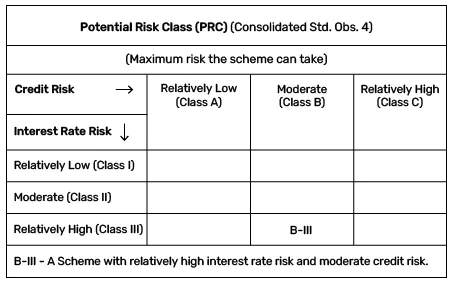Banking and PSU Funds are debt mutual funds that invest primarily in debt instruments of banks, Public Sector Undertakings, Public Financial Institutions and Municipal Bonds.
The objective of a Banking and PSU Fund is to offer the potential for relatively stable returns from fixed income instruments. Banking and PSU Funds may be suitable for investors with a moderate risk appetite looking for a relatively stable debt option with the potential to deliver better returns than very short-term categories. They can be used for medium-term financial goals, portfolio diversification, or as part of a fixed-income allocation.
Individuals can invest in such funds via SIP or lumpsum.
Bajaj Finserv Banking and PSU Fund - Regular & Direct Plans
This scheme is available through two plan options to suit different investor preferences.
Direct Plan
A direct plan is made for investors who prefer to invest without involving a distributor. Here, there are no commission charges involved, this means that the expense ratio is lower, and this cam result in slightly higher potential returns in the long term.
Regular Plan
In this plan, you get the assistance of a mutual fund distributor who helps you in scheme selection as well as ongoing transactions. While the expense ratio is marginally higher to account for distribution costs, the guided support can help align your investments with your goals and prferences.
How to invest in Bajaj Finserv Banking and PSU Fund
You can invest in the scheme using either of the following modes.
- Offline mode: You can invest via a distributor who will help fill and submit the application form. If investing directly, you can submit the form at any of the AMC’s Official Points of Acceptance (OPATs).
- Online mode: You can invest via your demat account or trading platform. Alternatively, you can create an account on the Bajaj Finserv AMC investor portal and complete your investment digitally.
Taxation on Bajaj Finserv Banking and PSU Fund
Since this is a debt-oriented fund, it is taxed as per the rules applicable to debt mutual funds. For all units purchased after April 2023, capital gains are added to your taxable income and taxed as per applicable slab rates, regardless of holding period.
Explore Related Debt Funds
Explore All Schemes



